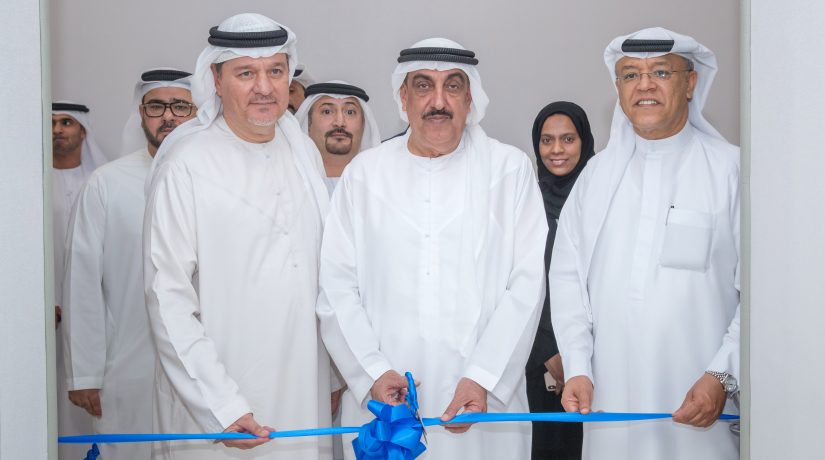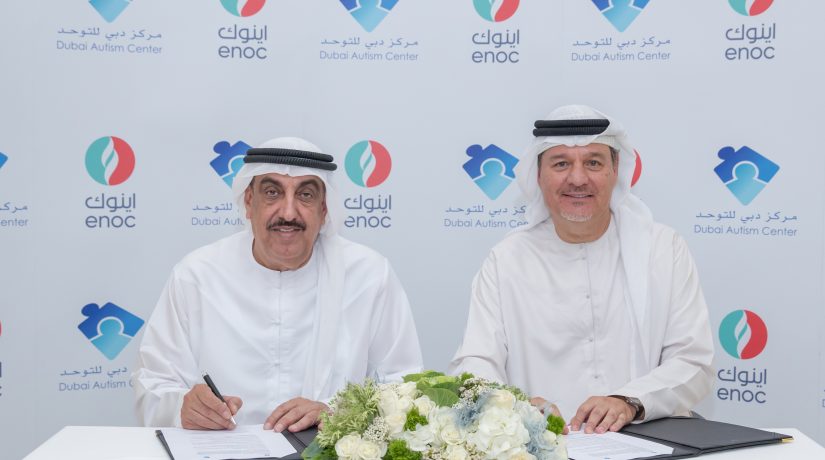Under the sponsorship of Emirates National Oil Company (ENOC), Dubai Autism Center (DAC) has opened a new wing in the Occupational Therapy Department in the presence of a delegation from ENOC Group headed by His Excellency Saif Humaid Al Falasi, Group Chief Executive Officer.
As soon as the opening ribbon was cut, the audience was briefed on the equipment provided to the new facility and its special tools and services that were prepared in accordance with the highest international standards.
We are following the path set by the late Sheikh Zayed bin Sultan Al Nahyan, the Founding Father of the nation, who taught us the importance of providing equal opportunities for all people. We believe in bettering our communities and we take it upon ourselves to work with partners such as the Dubai Autism Center to make a difference in our children’s lives and ensure that we provide the necessities they need to thrive as equal and important members of our society.
Mohammed Al Emadi, Director General and Board Member of Dubai Autism Center, expressed his sincere thanks to ENOC Group for their efforts in supporting the Center’s services, appreciating its continued support over the years and its humanitarian commitment to support the issues of children.
Within the framework of this partnership, ENOC will be funding the setup of two facilities for the Center: an occupational therapy wing focusing on building children with autism’s visual and handwriting skills; and a Dark Sensory Room designed to help them learn to regulate their brain’s reactions to external stimuli by developing coping skills for these experiences.
Autism affects one in 59 children, according to figures from the US Center for Disease Control and Prevention. A common growth disorder, symptoms typically appear during the first three years of a child’s life and continue as they grow, affecting the individual’s social life and their ability to communicate with others. It can also lead to isolation.


